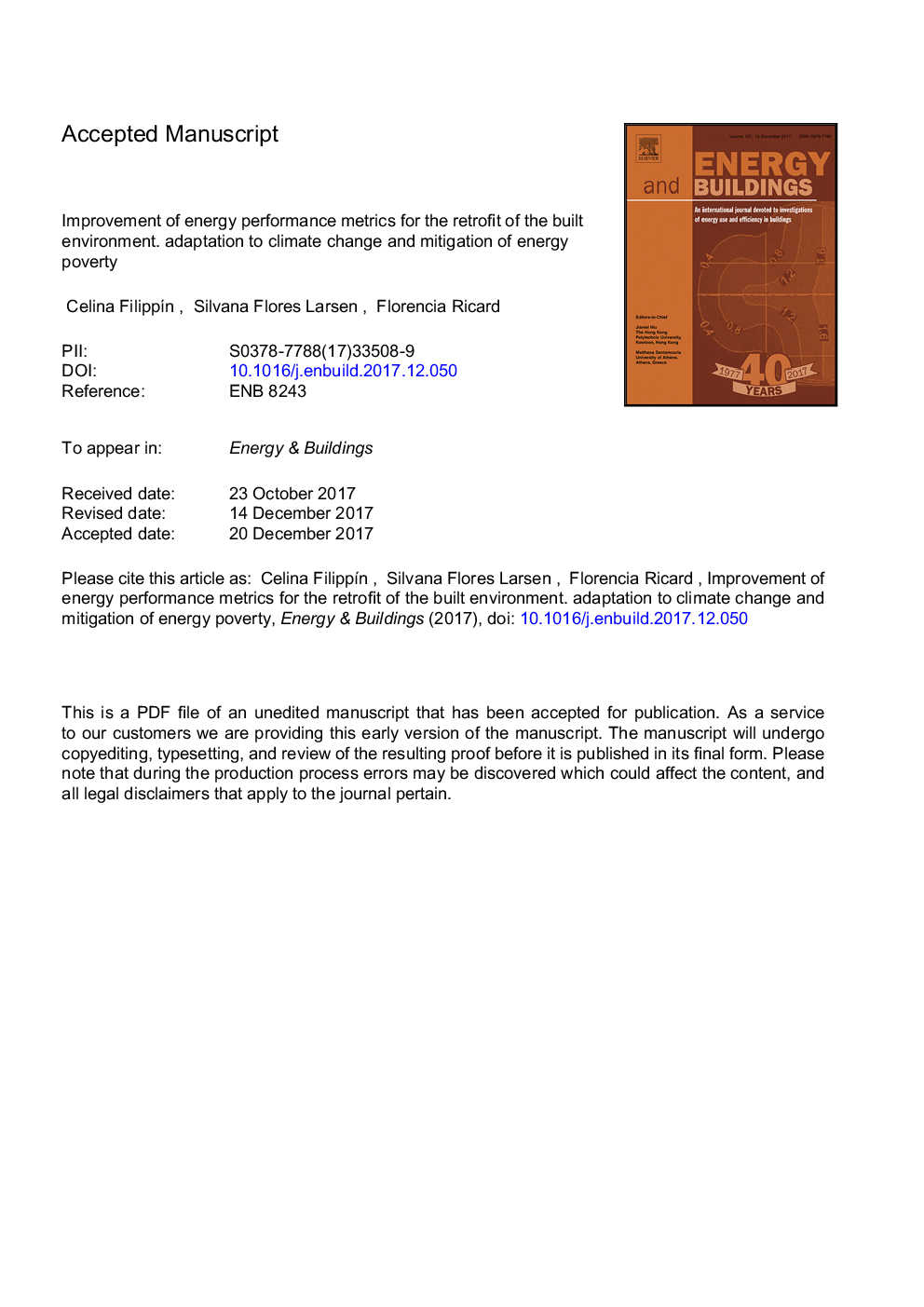ترجمه فارسی عنوان مقاله
بهبود معیارهای عملکرد انرژی برای تکمیل ساخت محیط زیست. سازگاری با تغییرات اقلیمی و کاهش فقر انرژی
عنوان انگلیسی
Improvement of energy performance metrics for the retrofit of the built environment. Adaptation to climate change and mitigation of energy poverty
| کد مقاله | سال انتشار | تعداد صفحات مقاله انگلیسی |
|---|---|---|
| 129597 | 2018 | 39 صفحه PDF |
منبع

Publisher : Elsevier - Science Direct (الزویر - ساینس دایرکت)
Journal : Energy and Buildings, Volume 165, 15 April 2018, Pages 399-415
ترجمه کلمات کلیدی
تکمیل انرژی، خوشه بندی تجزیه و تحلیل اجزای اصلی، فقر انرژی، تغییر آب و هوا،
کلمات کلیدی انگلیسی
Energy retrofit; Clustering; Principal components analysis; Energy poverty; Climate change;

